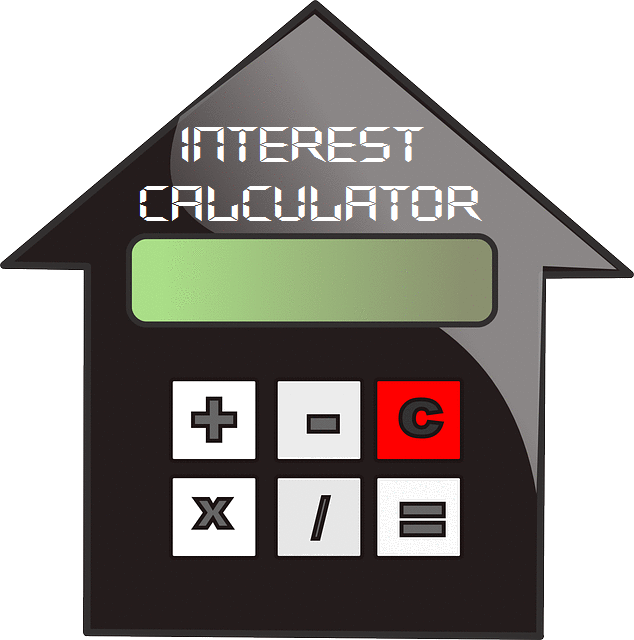The full form of PNO in banking and financial sector is Principal Nodal Officer. It play a vital role in resolving consumer complaints and ensuring regulatory compliance. The individual or entity representing an organization in its interactions with regulatory agencies and consumers is termed the “primary contact.” The PNO is responsible for addressing customer complaints and enforcing regulatory requirements. This page discusses pno full form in detail.
The Principal Nodal Officer (PNO) demonstrates commendable corporate citizenship amidst changing regulatory landscapes and heightened consumer demands. This individual ensures that organizations uphold their commitments to compliance and customer-centricity.
Meaning of PNO (Principal Nodal Officer)
The Principal Nodal Officer organizes and supervises the compliance processes of an organization. This qualification is essential for regulatory bodies in the finance, telecommunications, insurance, and other sectors to guarantee consumer protection and adherence to regulations. The PNO facilitates timely regulatory compliance and plain communication between the organization and regulatory agencies by acting as a liaison between the two.
Critical responsibilities of the PNO include resolving consumer complaints and ensuring regulatory compliance. Customers with inquiries or issues regarding the organization’s products or services should approach them first and foremost. Critical to the company’s long-term performance and reputation is the customer trust and goodwill that the PNO maintains through the management of consumer complaints.
Examples of PNO
The establishment of Principal Nodal Officers was in response to the increasing need for oversight of regulations and safeguarding of consumers across various sectors. Regulatory authorities have enforced stringent obligations on businesses for an extended period of time in an effort to foster ethical business conduct and safeguard the interests of consumers. As businesses endeavored to enhance customer satisfaction and expedite regulatory compliance, the Principal Nodal Officer role gained prominence.
The Banking Ombudsman Scheme, Telecom Regulatory Authority of India (TRAI) statutes, and related industry directives inform the PNO position. Generally, these restrictions necessitate that businesses designate a representative to supervise adherence to regulations and handle customer grievances. A proactive approach to regulatory compliance and customer satisfaction is denoted by the acronym PNO, which stands for “Proactive Network Organization.”
Functions of Principal Nodal Officer
An organization runs the risk of incurring penalties, fines, reputational harm, and legal consequences if it violates regulations. Infractions of their responsibilities by a PNO could result in regulatory or disciplinary action.
Regulatory Compliance Oversight
It is the responsibility of PNOs to ensure that the organization adheres to all relevant laws, regulations, and industry standards. This entails the surveillance of regulatory advancements, evaluation of their ramifications for the organization, and execution of pertinent compliance protocols.
Communication with Regulatory Authorities
The PNO facilitates collaboration and communication between the organization and regulatory organizations in its capacity as the principal regulatory point of contact. They provide information, address inquiries, and coordinate regulatory inspections and audits.
Development of Compliance Policies and Procedures
To aid in compliance efforts, the PNO develops and maintains policies, procedures, and internal controls. They inform personnel of their compliance obligations prior to providing guidance, if needed, to promote adherence.
Handling Customer Grievances
Among other responsibilities, the PNO attends to client grievances and complaints. They establish streamlined and efficient complaint procedures in order to satisfy clients while preserving the organization’s standing.
Monitoring and Reporting
In addition to overseeing metrics, compliance indicators, and consumer complaint trends, the PNO provides senior management and regulatory authorities with reports. They identify areas of noncompliance and risk and recommend corrective measures to reduce noncompliance and mitigate risks.
Features of Principal Nodal Officer
Regulatory affairs officers (PNOs) ensure the legal compliance of an organization by monitoring regulatory developments, interpreting compliance requirements, implementing policies and practices, and communicating with regulatory agencies. Moreover, they stay abreast of regulatory changes, interpret complex requirements, put policies into action, and maintain ongoing communication with regulatory bodies.
Commitment to Customer Satisfaction
Prioritizing customer satisfaction, PNOs resolve complaints and issues in a timely manner and prevent the recurrence of similar issues. This enhances the credibility of the organization.
Expertise in Regulatory Matters
PNOs possess expertise in industry-specific regulations and regulatory compliance, allowing them to analyze intricate regulatory obligations and provide guidance to organizations regarding adherence.
Conflict Resolution Skills
PNOs possess robust dispute resolution capabilities, which enable them to effectively manage client grievances while simultaneously upholding regulatory standards and business goals. Because PNOs address customer concerns, this is the case.
Centralized Point of Contact
Furthermore, the PNO serves as a liaison between regulatory agencies and consumers, ensuring consistent addressing of inquiries and complaints while facilitating communication.
Proactive Compliance Management
PNOs evaluate the impact of regulatory changes on the organization and implement proactive compliance measures.
FAQ
What is the Role of a Principal Nodal Officer (pno) Within an Organization?
PNOs function as the principal liaisons between regulatory bodies and customers in matters pertaining to compliance and consumer concerns. Disputes, organizational accountability, and regulatory compliance are among the matters they address.
What Steps does an Organization Take to Appoint a Principal Nodal Officer?
The Lead District Manager carries out a variety of duties. Furthermore, they are entrusted with these responsibilities. This will delineate the business obligations, reporting hierarchy, and authority of the individual.
How does a Principal Nodal Officer Handle Customer Grievances and Complaints?
In order to ensure customer satisfaction, Private Network Operators (PNOs) establish grievance redressal systems, receive and document complaints, conduct investigations, and collaborate with relevant departments to efficiently resolve issues.
Final Words
Principal Nodal Officers (PNOs) play a pivotal role in ensuring regulatory compliance and corporate governance. This individual is responsible for handling both elaborate regulatory responsibilities and client inquiries.







